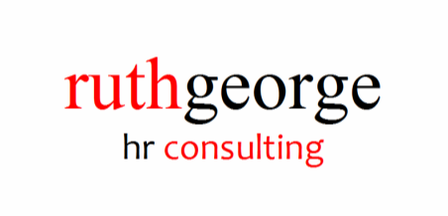Research from the professional body for HR professionals, the CIPD reveals the majority of employers now intend to offer flexible working on a regular basis. I think that’s good news all round and long overdue. It took a global pandemic but it really does feel like there has been a step change in our attitudes to work, both for employees and employers.
It may sound obvious but it’s worth stating the benefits of flexible working:
It may sound obvious but it’s worth stating the benefits of flexible working:
SO, I hope we can all agree that flexible working is a positive thing. However, (why is there always a but!) there are definite challenges around wellbeing and managing workers virtually.
A recent YouGov poll cited mental wellbeing of staff as a concern for almost half (47%) of employers, alongside problems with staff interaction (36%) and difficulties managing home workers (33%).
Those figures point to several considerations:
Ruth George - HR Consultant
[email protected]; 07899 920075
This is not legal advice and is provided for general information only. © Ruth George HR Consulting.
- Improves quality of life for employees
- Boosts productivity – yes, it really does. Ask any Mum who went back to work part-time after mat leave!
- Enhances employee collaboration
- Improves focus
- Upskills IT capability – hands up who was a Zoom expert before March??
SO, I hope we can all agree that flexible working is a positive thing. However, (why is there always a but!) there are definite challenges around wellbeing and managing workers virtually.
A recent YouGov poll cited mental wellbeing of staff as a concern for almost half (47%) of employers, alongside problems with staff interaction (36%) and difficulties managing home workers (33%).
Those figures point to several considerations:
- Have you asked your staff how they’re feeling recently?
- Do line managers see staff wellbeing as a priority?
- Do you have an EAP in place? (Employee Assistance Programme)
- Have you trained line managers to use coaching and listening skills to help staff?
- How about some online training to support difficult performance conversations?
Ruth George - HR Consultant
[email protected]; 07899 920075
This is not legal advice and is provided for general information only. © Ruth George HR Consulting.
